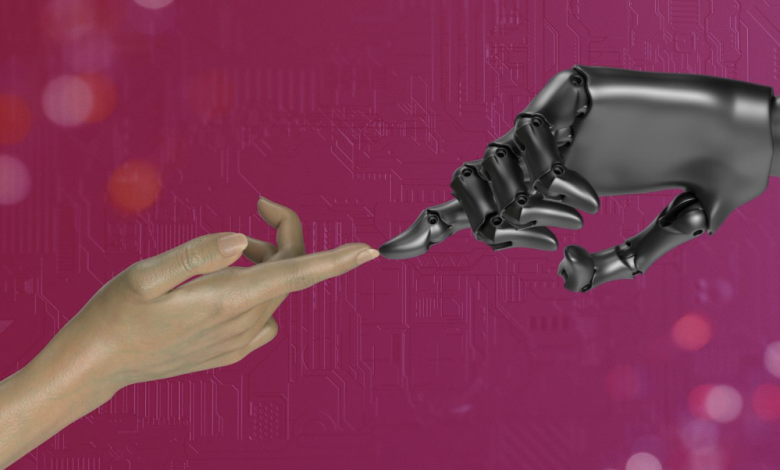
According to the World Economic Forum, almost every employer (90%) already uses some form of automated system to filter or rank job applications. It’s not just a trendy tool: the sheer volume of applications is too vast for human recruiters to sort out. On the surface, this may look like progress.
But cracks in the system are more and more evident. Ghost jobs, keyword-driven resume scanning, and chatbot-driven hiring processes are making many candidates feel like they’re applying into a void. Employers, on the other hand, are bombarded with bot-written applications.
Let’s try to see what went wrong, and ask whether—and how—we can fix it.
Spooky “ghost jobs” problem
Ghost jobs are online postings for positions that employers are not planning to fill immediately or for positions that simply don’t exist. Ghost postings have been with us for over two decades already, but have been on the rise lately, concludes the Congressional Research Service in its report. Now, about 27% of all job listings on LinkedIn in the United States are likely to be ghost jobs, according to ResumeUp.AI analysis. A survey by Fast Company paints an even more frightening picture: more than 80% of recruiters admitted they had posted ads for jobs that either didn’t exist or were filled.
Sometimes these jobs are recycled by algorithms that refresh postings to make a company appear active. Other times, they’re used to build a future talent pipeline. Regardless of intent, the impact is the same: wasted time, frustration, and a decline in trust. Job seekers are fed up with spending hours tailoring resumes and filling out applications for roles that were never real.
Bots hiring bots
Automation was supposed to make hiring smarter. But instead, in many cases, it’s just making it colder. Take applicant tracking systems (ATS), which often reject qualified candidates simply because their resumes don’t contain the “right” keywords. In an incident shared on Reddit, one company’s HR team was terminated after the ATS automatically rejected the resume of its own senior manager. Chatbots designed to answer applicant questions may provide instant replies, but not always accurate or empathetic ones.
Frustrated by systems that rarely respond and seem almost designed to ignore them, job seekers fight back with automation of their own. AI tools make it easy: they can automatically tailor resumes, fill out forms, and submit applications to hundreds—even thousands—of jobs in a fraction of the time it would normally take. It’s like tossing a dozen fishing lines into the ocean and hoping something bites.
It causes the vicious cycle: recruiters get flooded with irrelevant and generic applications, leaving even highly qualified candidates lost in the shuffle. Julian Joseph, a software engineer, used an AI tool called LazyApply to apply to 5,000 jobs. He received only 20 interviews, resulting in a success rate of just 0.4%. This low conversion rate raises questions about the effectiveness of automated applications.
Rebalancing the system
Automation without human oversight doesn’t necessarily improve outcomes — it just speeds up inefficiency. But that doesn’t mean that technology is the enemy.
AI has an important role to play in recruitment. AI could quietly power the talent function behind the scenes, doing the heavy lifting without ever stealing the spotlight. Eventually, using AI might feel as natural as using the internet. It can quickly scan resumes, highlight patterns, and surface potential matches in ways that humans alone can’t. But final decisions — the ones that shape careers and companies — should not be left to algorithms.
Willo’s The State of Hiring in 2025 report shows that 53% of surveyed companies are planning some kind of change to their AI setup. Most (41%) want to add new tools, 10% are thinking of switching to the better ones, 2% are ditching all AI for good. Only 20% are completely satisfied with the tools they already have. It’s clear that companies are experimenting to find what actually works without losing the human touch.
The most successful employers will be those who strike a balance: letting AI handle the repetitive, scalable tasks while keeping people at the center of judgment calls. Candidates deserve to be more than keywords. Recruiters deserve tools that assist, not replace, their expertise.
Automation can increase efficiency, but only human insight can preserve trust, empathy, and the deeper understanding needed to recognize a candidate’s true potential. The promise of online recruiting isn’t broken — but it does need repair. And we should start by bringing people back into the process.




